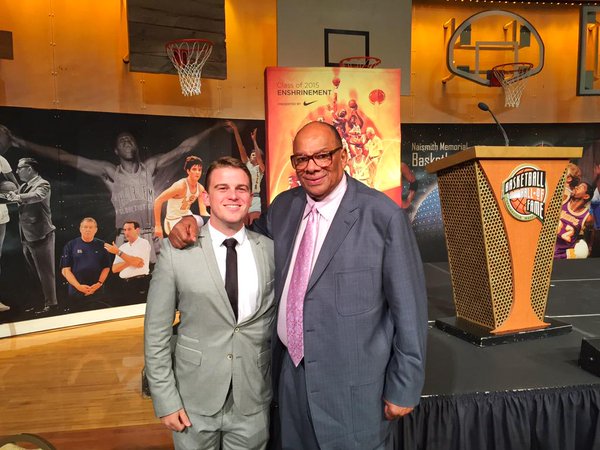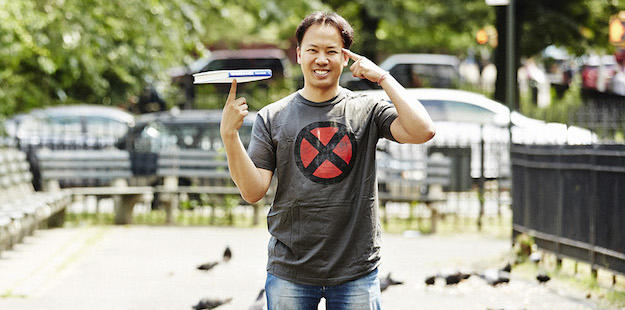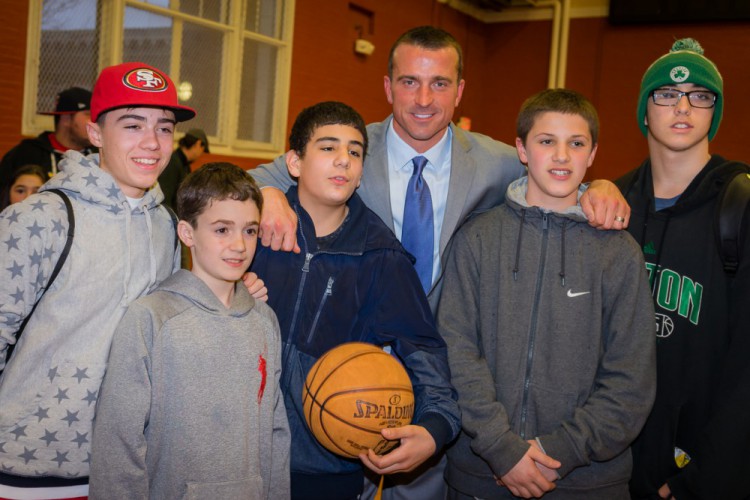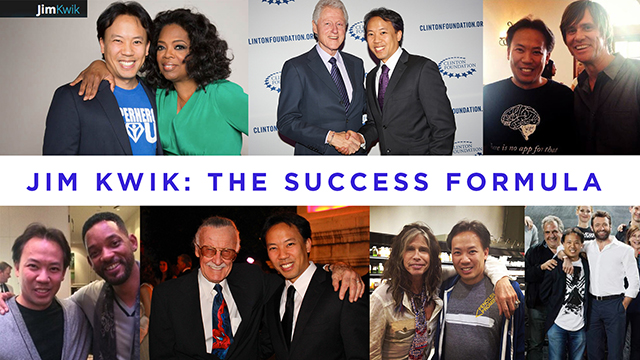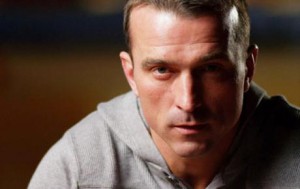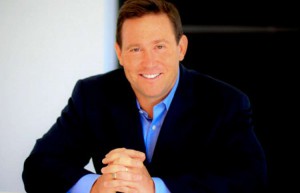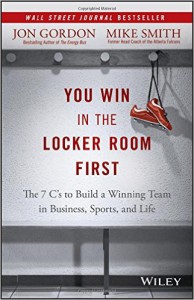“Thou Shall Not Steal.” I remember learning the commandment as a kid in Catholic school. Seemed pretty clear to me at the time, but now as an adult, I’m considering telling my kids they should be stealing, and stealing the really valuable “high end” stuff. I mean, I want my children stealing the right things! After all, Father Bill used to tell us, “The only place you can steal and get away with it are on the baseball field or the basketball court! Steal anywhere else and you’ll deal with Sister Mary Helen!”
On Episode #9 of the Jim Huber Podcast, we spoke with Damian Lillard’s college coach and skills trainer Phil Beckner (Listen/Subscribe Here) about what Damian did to go from an unknown quantity at Weber State to an NBA Franchise Player.
Phil described Damian’s process and the mindset they had to develop to achieve his goal of playing in the NBA. Phil made it simple for Damian, he had to outwork everybody in the country. Period. To make the NBA from Weber State, he had to be willing to outwork the guys at KU, Duke and Kentucky. Without a pedigree and at a small school, the only way to beat the blue bloods was to outwork the blue bloods.
“Damian had a willingness to work on things that he was not good at or was uncomfortable with. Basics, footwork, ball handling, finishing around the rim, working hard on his weak hand. A lot of kids want to skip this step and say “Damian’s doing it, I’ll steal this drill and be like Damian!”
We talked about the tendency of players and trainers to steal drills from this player or that player online, and then expect to start playing like that player on the floor at game time. It doesn’t work that way. Kids do it because they want instant results from the latest KD, Steph or LeBron Secret Drill! Sadly, no such magic exists.
Working all those hours in the gym and watching an unknown go to NBA Superstar gave Phil a unique frame of reference about what made Damian special. It wasn’t the drills Damian would steal, it was the fact that he was stealing the work ethic of the greatest players in the world, he was stealing their discipline, stealing the habits that made Steve Nash, John Stockton, Tony Parker the greatest at his position.
It wasn’t the drills that made them superstars, it was the way they approached the drills, the way they took care of their bodies, the way they studied film, the way they treated the towel boy as well as they treated the team owner that made them superstars. Kids today are stealing drills off the internet, but they aren’t stealing the right stuff.
It wasn’t gadgets, complicated drills, or talking basketballs that took Damian Lillard to the NBA. It was him, Phil, and a trashcan, working on pick and roll basketball. It was hours and hours in the film room, stealing moves and mentality from Nash and company. It was the modeling his life after the greatest who have ever played the game that allowed his ascent.
Sister Mary Helen might frown at me as I say this, but kids it’s okay to steal as long as it’s the good stuff! TVs, iPads and Laptops are way out. A healthy lifestyle, great attitude and tireless work ethic? Have at it and pass it on by inspiring the next generation of players to “steal” from you someday!
Coach Beckner shares a ton of great information in his interview. Click Here to Listen to the Entire Podcast.
